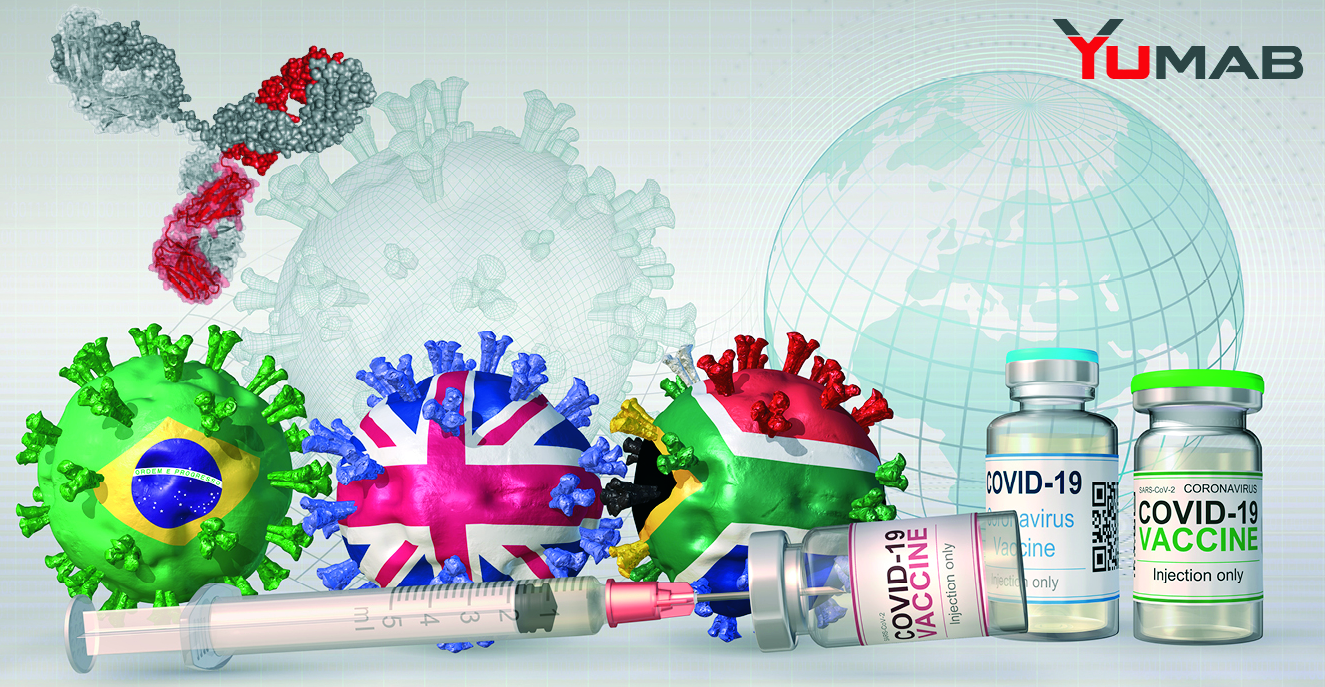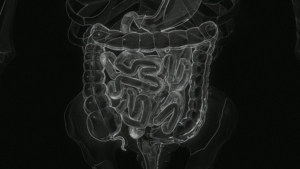
Don’t bet only on vaccines!
First emergency approvals of vaccines and antibody drugs in less than a year are great achievements of modern biotechnology in our battle against the COVID-19 pandemic, but we still have no efficient therapeutics to cure severe COVID-19. Millions of lives remain at risk until we control the pandemic, and what if we will never reach herd immunity? Waiting for others to do the job cannot be the strategy, as well as betting only on vaccines.
One year has passed after World Health Organisation (WHO) declared COVID-19 a pandemic. Back then, no one ever expected, how much the new coronavirus SARS-CoV-2 would impact the entire world not only our societies and economy but also our individual lives. As of the end of February, the WHO recorded more than 110 million infections and about 2.5 million deaths world-wide. According to the United Nations (UN), the global economy is expected to lose nearly $8.5tr in output over the next two years due to the pandemic.
In December 2020, the first vaccine achieved emergency approval in a record time. This success feels like the light at the end of the pandemic tunnel, but without efficient cure of severe COVID-19 cases, millions of people are still at risk and before we reach herd immunity if we ever will reach it. Patients often lose neutralising antibody titers soon after convalescence, which could make them again susceptible to re-infection. We can argue that vaccines stimulate immune protection stronger, but there are only data available from a few months. No one can predict, how the situation will look like in 12 months. Meanwhile, the virus changes, adapts and develops new properties continuously.
Changing virus
First SARS-CoV-2 mutations led to increased infectivity and reduced the efficacy of some vaccines. We need to stay alerted and continue to develop better vaccines and more importantly, we need an efficient treatment option to save lives as soon as possible.
Unlike vaccines, virus-neutralising antibodies can stop the virus after infection. Thanks to robust industrial processes, large manufacturing capacities, but also smaller clinical cohorts, antibody development even beat the timelines of the novel vaccine platforms.
Eli Lilly’s antibody bamlanivimab received emergency approval for US patients on November 9th, 2020, followed by Regeneron’s antibody cocktail REGN-COV2 two weeks later both before any vaccine. The US government funded both antibody programs with more than US$800m. Unfortunately, both drugs do not help in cases of severe COVID-19. That is why we urgently need other therapeutics to save the lives of many patients. For example, CORAT Therapeutics’ COR-101 antibody program employs a novel Fc design that avoids immunological safety risks of conventional antibody drugs. COR-101 was developed in less than eight months from discovery to GMP. The clinical phase Ib in patients with moderate to severe COVID-19 patients was planned for March 2021.
However, new therapeutic programs such as COR-101 have not been substantially supported by the German government, which leads to unnecessary delays just because of financial limitations. We urgently need the same support of drug development as we did for vaccines or we will always be one step behind the virus.
This text was originally published in the European Biotechnology Magazine Spring 2021.


 Unsplash+
Unsplash+
 Unsplash+
Unsplash+